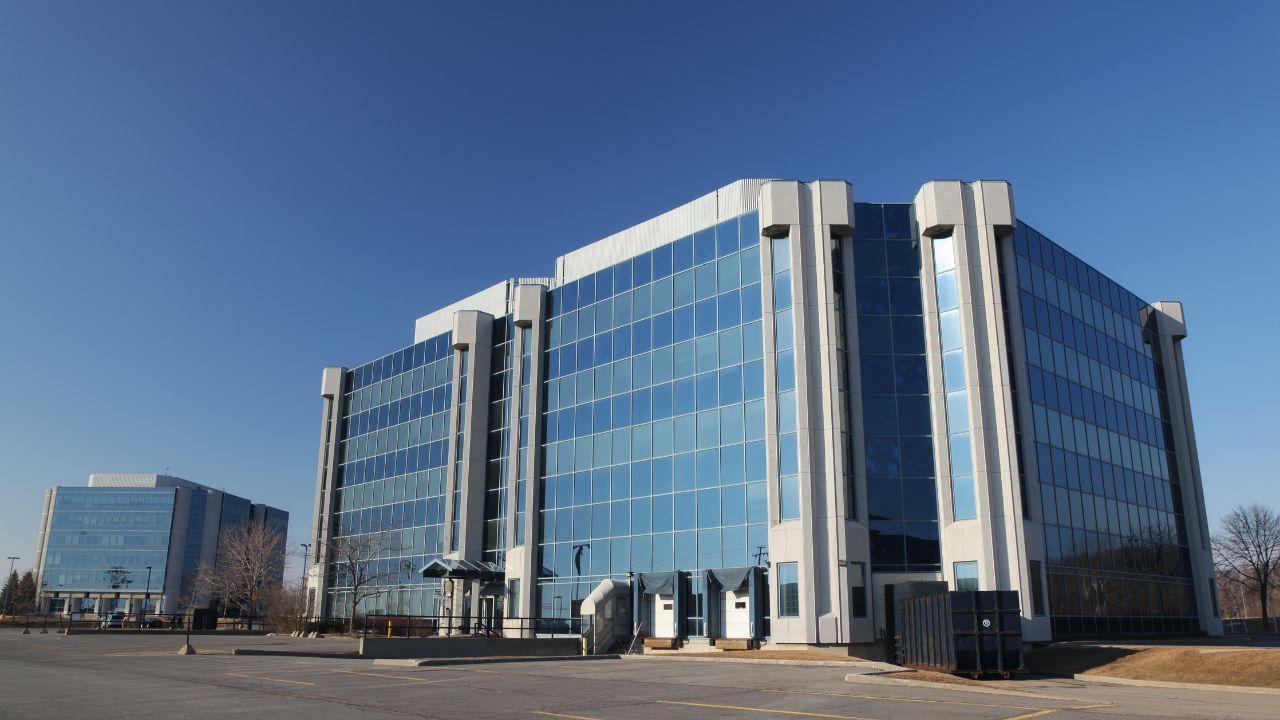
Post by : Vansh
As the world steps boldly into the next decade, industry and infrastructure are undergoing a revolutionary transformation. The traditional frameworks that once defined how we build, manufacture, and connect are rapidly evolving. Powered by artificial intelligence, automation, and sustainability, we are entering an era of smart infrastructure, resilient industry, and intelligent urban planning. This change is not only essential to meet the needs of a growing global population but also to combat climate change and digital disruption. Let’s explore how tomorrow’s world is being shaped today.
One of the most significant shifts in the realm of infrastructure is the rise of smart cities. These are urban environments that utilize smart infrastructure to manage resources efficiently and improve the quality of life for citizens. From real-time traffic monitoring to AI-controlled energy usage, smart infrastructure is redefining how cities operate.
Sensors embedded in roads and bridges can now monitor structural health and send alerts before issues become hazardous. Water distribution systems are being equipped with smart meters to prevent wastage and detect leaks. Additionally, intelligent lighting systems adjust brightness based on movement and daylight, reducing energy costs and light pollution.
The integration of these technologies enhances not just efficiency but also sustainability—a crucial focus in modern development. By 2025, it’s expected that over 60% of urban areas will implement some form of smart infrastructure, particularly in transport, utilities, and public services.
We’ve already witnessed the effects of Industry 4.0—the digital revolution powered by big data, IoT, and robotics. However, Industry 5.0 is on the horizon, and it emphasizes something even more powerful: the collaboration between humans and machines.
Unlike its predecessor, which leaned heavily toward automation, Industry 5.0 brings a more human-centric approach. It merges robotic efficiency with human creativity. Cobots (collaborative robots) are a prime example—machines that work safely alongside people in factories to boost productivity while ensuring worker safety.
This transition will reshape how goods are produced and services are delivered. In 2025 and beyond, more companies will invest in intelligent manufacturing, predictive maintenance, and real-time data analytics to meet evolving consumer demands.
As climate change continues to challenge economies and ecosystems alike, green infrastructure is no longer an option—it’s a necessity. From solar roadways to green roofs and energy-efficient buildings, modern infrastructure is being designed with the planet in mind.
One of the core goals of future infrastructure is to reduce the carbon footprint associated with large-scale construction and industrial activity. This involves using sustainable materials, incorporating renewable energy sources, and applying circular economy principles.
The construction industry, long known for its environmental impact, is embracing carbon-neutral practices, including the use of recycled materials, green concrete, and digital construction technologies like 3D printing. These innovations are creating smarter buildings and laying the groundwork for eco-friendly cities that thrive without compromising the environment.
A digital twin is a virtual model of a real-world object, system, or process. In the world of industry and infrastructure, digital twins are becoming game-changers. They allow engineers, city planners, and developers to simulate and analyze structures before they’re even built.
By creating a digital replica of a city’s infrastructure—roads, buildings, utility systems—planners can test different scenarios, from natural disasters to traffic patterns, and make informed decisions that improve resilience and functionality.
Moreover, digital twins can be continuously updated using data collected in real-time from sensors and IoT devices. This empowers decision-makers to manage assets efficiently and identify problems before they escalate. As more governments and corporations recognize the value of this technology, the adoption of digital twins will soar in the coming years.
With the evolution of industry comes the demand for a skilled digital workforce. Engineers, architects, and workers must now understand not only construction and manufacturing principles but also data analytics, machine learning, and cloud computing.
Educational institutions and corporations are collaborating to bridge this skill gap through training, apprenticeships, and re-skilling programs. The future workforce will need to be agile, tech-savvy, and adaptable to thrive in the changing landscape of smart infrastructure and intelligent industry.
While the future of industry and infrastructure looks promising, it isn’t without its challenges. Cybersecurity, regulatory compliance, and funding are key obstacles to the widespread implementation of smart technologies.
Protecting digital infrastructure from cyberattacks is a top priority, as these systems control critical public services and industrial operations. Governments must implement robust frameworks and invest in cybersecurity tools to protect both data and citizens.
Furthermore, clear policies and sustainable investments are needed to drive innovation without leaving behind underserved communities. Bridging the digital divide is crucial to ensure that smart infrastructure benefits everyone, not just urban elites.
The information presented in this article is for general awareness and educational purposes only. Readers are advised to verify facts independently and consult experts when making decisions based on this content. This article is published in good faith by MiddleEastBulletin and does not constitute professional or legal advice.










Pageau's Overtime Goal Propels Islanders to 4-3 Victory Over Golden Knights
In a thrilling overtime finish, Jean-Gabriel Pageau leads the Islanders past the Golden Knights 4-3,

MLB Awards: deGrom and Acuna Jr. Shine as Comeback Players
Jacob deGrom and Ronald Acuna Jr. celebrated MLB Comeback Player Awards, alongside Ohtani and Judge

Portugal Confronts Ireland in Pivotal World Cup Qualifier
Portugal, led by Cristiano Ronaldo, faces Ireland in a vital Group F World Cup qualifier that could

Haaland's Brilliance Leads Norway to 4-1 Victory Against Estonia
Erling Haaland showcases leadership as Norway crushes Estonia 4-1, boosting their World Cup ambition

Hawks Triumph Over Jazz; Suns and Raptors Secure Victories
Hawks' Onyeka Okongwu and Jalen Johnson lead in a thrilling win against Jazz; Suns and Raptors also

Indian Men's Recurve Team Clinches First Asian Gold in Nearly Two Decades
The Indian men's recurve team triumphed over South Korea, securing their first Asian gold in 18 year